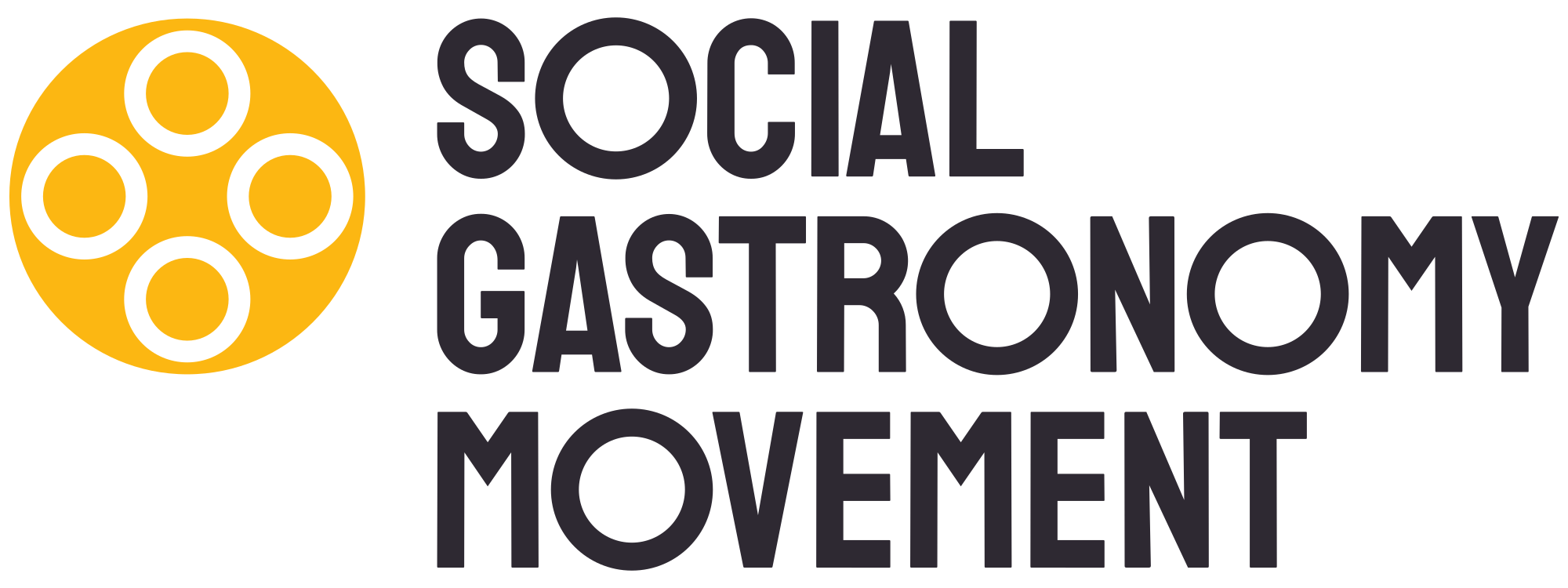COVID-19: How to best get nutritious food to all, especially the most marginalized
In the last weeks, we have heard from so many of you from around the globe who are part of the larger Social Gastronomy family about ways you are affected by the coronavirus pandemic. We want your voices to be heard, to share your experiences in your project, in your city, and tell us what you are doing to adjust to a new way of doing business.
With my colleague Evan Caplan, a food writer, we will be regularly updating this page with stories, interviews, useful information, and actions related to best providing nutritious food for all. This includes ideas for solving food supply chain issues, sourcing food items, and ensuring access to meals for everyone, especially those who need it most. We welcome your comments and your contributions.
ARTICLES AND RESOURCES
How to help small farmers use their excess food and feed the hungry and those in need.
An interesting article here on safe practices for getting food delivery to your house.
A look in the United Kingdom about how coronavirus may impact supply chains and how businesses can think about solutions.
Here is a running list of food waste organizations and initiatives to ensure that any excess food gets to those who need it the most.
A very good blog post on three imperatives for getting food to everyone who needs it during the crisis. The lessons he cites from past crises are worth sharing.
Cuba has faced severe food shortages over the last year. Some compare the current scarcity with the special period in the early 1990s after the collapse of the Soviet Union, when Cuba chose to fend for itself as supply chains dried up. During that time, the average Cuban citizen lost around 20 lbs. Today, Cuba is facing an even more dire situation as the COVID-19 pandemic makes its way across the island and the Caribbean. We should consider how our network might be able to inform chefs in Cuba, and also support those who are helping to overcome what will truly be another life-changing event for Cuba’s citizens. This briefing paper provides the context for this crisis.
An increasing number of countries across the world are limiting or even outright ending food exports, which may lead to disruptions to the global food supply, making critical staples even harder to find.
STORIES AND INTERVIEWS
This is a great example of one of the original refugee chef organizations coming together during this crisis: A network of humanitarian activists and volunteers in Paris are preparing and delivering meals for people who are sleeping rough, living in shelters or asylum centers and may find it especially hard to get by during the coronavirus outbreak.
A look at how refugee entrepreneurs have kept food on the table throughout the crisis and help others in need.
Immigrant chefs from Homs, Syria, now living in Washington, DC, made 500 meals for food-insecure people in the DC area. They used the kitchen at Granville Moore's restaurant. The Syrian chefs work with Tables Without Borders, which works with and supports refugee and asylum-seeking chefs in the DC area.
Social Gastronomy is a tool for peacebuilding and helping build trust. Read this story of what refugee chefs are doing in Malaysia in the face of food challenges created by COVID-19. Yet another example of how communities can impact the common good.
Harold Villarosa told us that he and some of his friends in the NYC restaurant industry are creating recipes and how-to videos for people from low-income neighborhoods in the city using the food and materials they report having in their pantries already.
Barry Berman told us some of his culinary students in Capetown, South Africa are volunteering for Meals on Wheels in order to provide and distribute meals to vulnerable populations.
In Seattle, this restaurant is completely changing its business model to adapt to the coronavirus situation and continue to bring people food without firing its entire staff.
Mera Kitchen Collective is providing free meals cooked by refugees to 1,400 people in need, as well as healthcare workers, in Baltimore, MD.
ACTIONS YOU CAN TAKE
Donate food and/or your time to local food banks and/or Meals on Wheels, which are desperately in need of resources and volunteers as their usual suppliers and helpers aren’t available.
Across the world, communities are organizing to match needed services (e.g., grocery delivery, dog walking, etc.) for those in need (e.g., those in quarantine, healthcare workers, elderly and vulnerable populations, etc.) to those who are able to provide these services to them (e.g., young and healthy individuals). Check neighborhood groups or ask around in your community; if no one has started doing this near you, start your own group!

